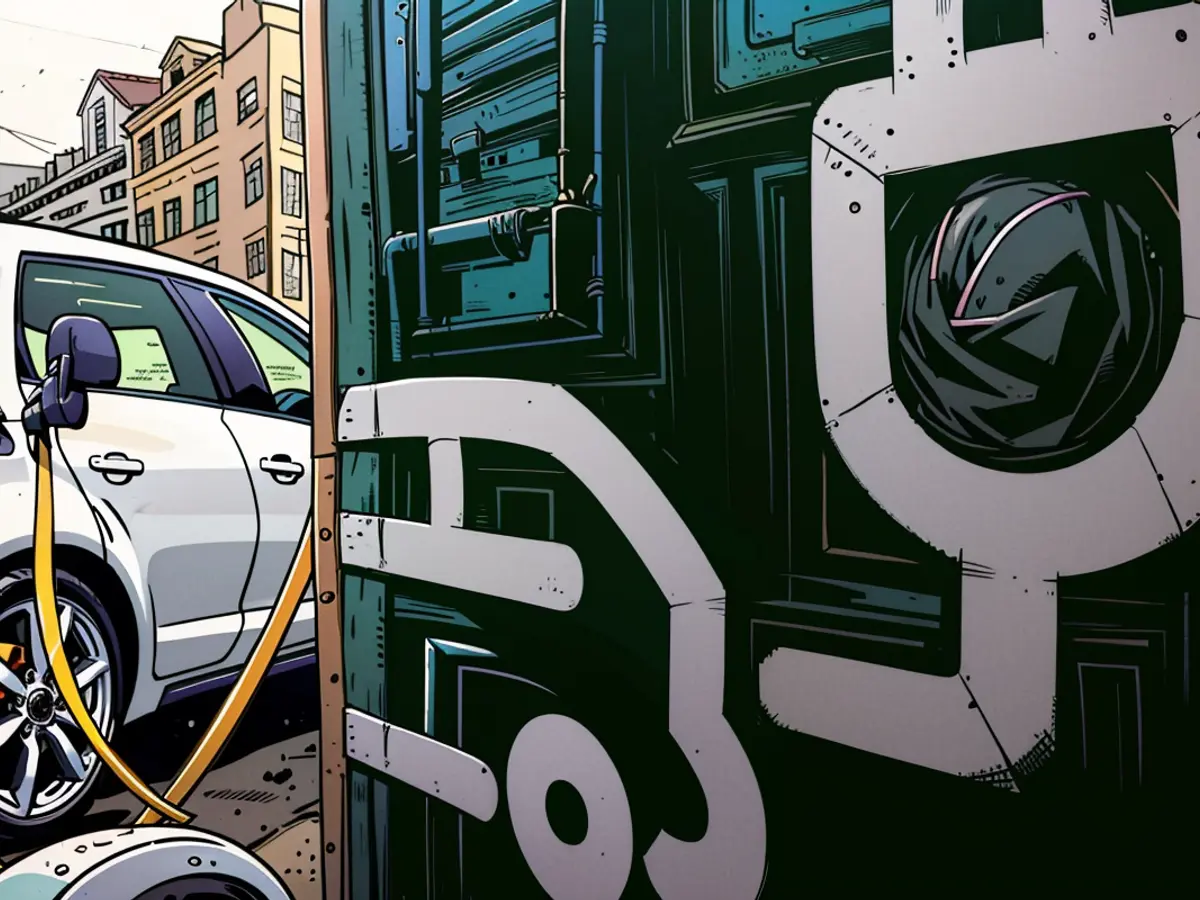Norway Experiences a Shift: More Electric Vehicles on the Roads than Traditional Gasoline Counterparts
Norway marks a significant achievement in automotive industry: For the first time, more electric cars are on the road than gasoline cars. This remarkable feat is partly due to favorable tax policies. Professionals predict Norway becoming the globe's foremost electric car nation.
As indicated by the Norwegian Public Roads Administration (NPRA), Norway now boasts over 2.8 million vehicles, with 754,303 being 100% electric and 753,905 depending on gasoline. Although diesel engines still lead with close to a million vehicles, their popularity is waning swiftly.
"That's groundbreaking," said NPRA chief Øyvind Solberg Thorsen. "An achievement that few would have envisioned a decade ago." Norway appears to be on a speedy trajectory to become "the first nation on the planet where electric cars dominate the vehicular fleet."
Norway is set to fulfill its ambition of only admitting 100% electric new vehicles into its vehicle registry in the upcoming year. In August, electric cars accounted for an impressive 94.3% of new car registrations. The rise of electric vehicles in Norway can, in part, be attributed to highly advantageous taxation policies that make them a competitive choice compared to their gasoline and hybrid counterparts.
Lower interest in Germany
In the EU, electric vehicles account for only 12.5% of new vehicle registrations this year, with that figure actually decreasing since the close of 2023 - predominantly due to weak electric car sales in Germany.
In Germany, the state subsidies for electric cars, up to 4,500 euros for a new car purchase, ended in 2023. Since then, electric car registrations have dropped dramatically: For instance, in August, they fell by 68.8% compared to the previous year.
The German government now aims to increase the sales of electric cars through corporate tax benefits for electric company vehicles. Companies will be able to depreciate their electric company vehicles at a faster rate, while lower tax rates are being proposed for more expensive electric models. The automobile industry also advocates for a faster expansion of the charging infrastructure and cheaper electricity prices.
The economic shift towards electric vehicles in Norway has resulted in significant savings on fuel costs for many households. According to a report by the Norwegian Environment Agency, electric car owners in Norway save an average of NOK 300,000 over a 10-year period compared to those driving gasoline cars.
Given the success of electrifying its vehicle fleet, Norway's positive economic impact on the automotive industry is expected to continue, potentially attracting more foreign automakers to invest in its electric vehicle manufacturing plants.








